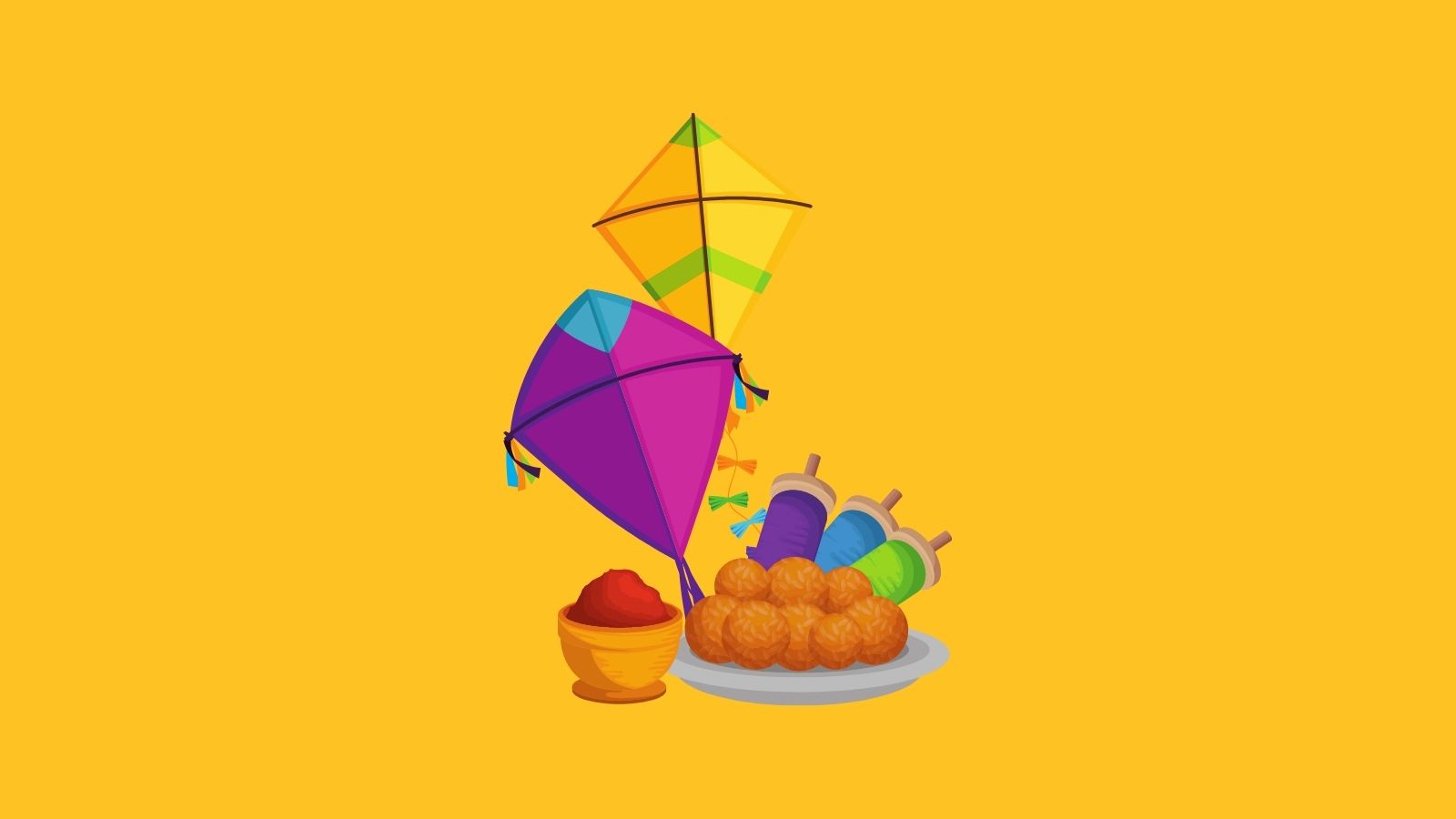The first day of this transit of the Sun into the Makara constellation is an important Hindu festival, marking this tithi as ‘Makara Sankranti’. On the night previous to the ‘Sankranti’ (literally: passage, transit, or entry into) the people of Punjab celebrate Lohri.
By Sreejit Datta, Director of Civilisational Studies Practice & Resident Mentor at Rashtram
At this specific turn of the year, we pay our obeisances to Surya – the Emblem of the Supreme Divine and the Supreme Divinity Itself, the dispeller of darkness, the bestower of knowledge and life. As the winds of winter bid adieu and Mother Nature slowly becomes resplendent with the blossoming colours of spring, the people of India rise in celebration of this auspicious time. In the colourful procession of the seasons, it’s that time of the year when we renew our relationships with our friends, family, and neighbours, just as people have done in our agrarian country for centuries after they come to see their back-breaking labour of sowing the crop come to fruition in this month. Men, women, and children gather around to make sweets with coconuts, rice flour, and sesame. The young fly kites. Amidst the numerous rituals of offering salutations to the Solar Divinity being observed all over the country, the winter solstice comes to an end, setting Surya Deva on his celestial journey northwards.
The first day of this transit of the Sun into the Makara constellation – the zodiac Capricorn – is an important Hindu festival, marking this tithi as ‘Makara Sankranti’. It is celebrated across Bharat and Nepal by various names – ‘Magh Bihu’ in Assam, ‘Maghi’ in Punjab, Haryana, and Himachal Pradesh, Maghe Sankranti in Nepal, ‘Poush Sankranti’ in West Bengal, ‘Ghughuti’ in Uttarakhand, ‘Sankranthi’ in Andhra Pradesh, and many other variations in different parts of Bharatavarsha. On the night previous to the ‘Sankranti’ (literally: passage, transit, or entry into) the people of Punjab celebrate Lohri.
Announcing the end of harsh winters, wishing for a bountiful harvest, Lohri is often found being celebrated throughout Northern India with great pomp and show. In the fertile plains of Punjab, Haryana, and certain parts of Uttar Pradesh, fresh produces of sesame seeds, jaggery, radish, mustard, and spinach are brought into the field where the celebrations of Lohri take place with singing and dancing around a fire. In the villages of Punjab, people sing praises of Dulla Bhatti – the legendary saviour of the poor who used to plunder the despotic Mughal crown to bring alms to the needy. Reenacting the acts of Dulla Bhatti’s righteous plunder, children go from home to home collecting sugarcane, cow dung cakes, and firewood to light the Lohri bonfire in the praise of the Sun, mother earth, and the cycle of nature. The night resounds with melody and crackling firewood.
On the southern end of the country, in Tamil Nadu, the four-day ritual of Pongal is celebrated to mark the sun’s transit. Diverse climatic conditions across the breadth of the vast country that India is, causes this period to be a time for a new harvest of rice in southern India. A sweet preparation made from the new harvest named Pongal is offered to deities on this day. Householders decorate their cows with splashes of color on their horns, take ritual baths with fragrant oils, beautify their homes with kolam – auspicious mandala patterns drawn on the floor with rice-powder by hand – and exchange gifts with friends and family to strengthen social relationships.

